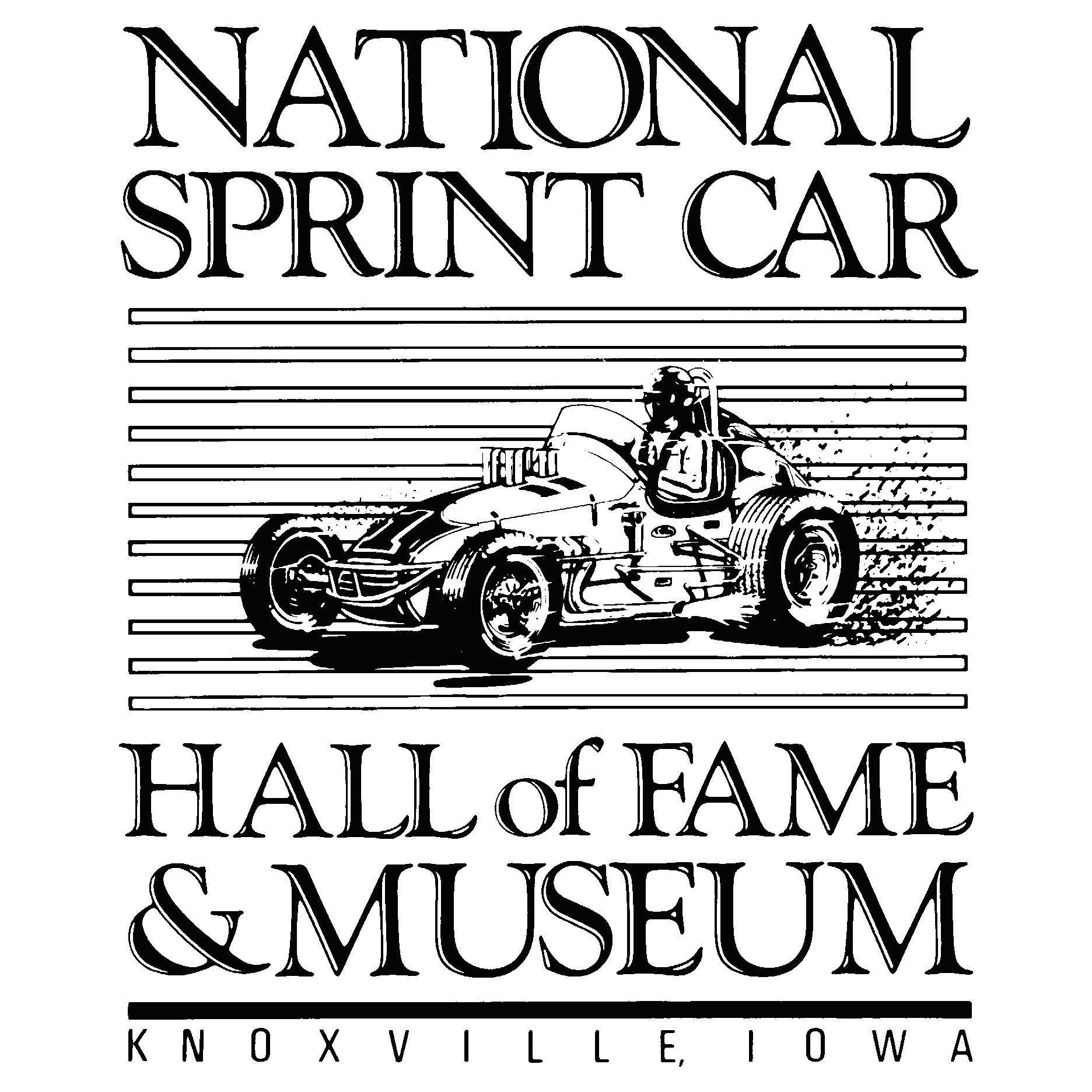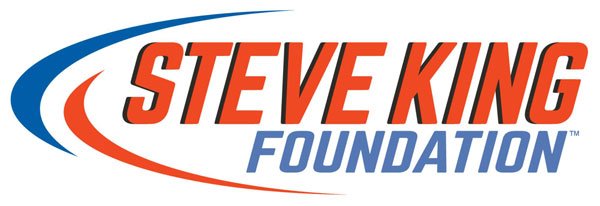Ricky Rudd, Carl Edwards, Ralph Moody elected to NASCAR Hall of Fame
Photo by Jared C. Tilton/Getty Images
CHARLOTTE, N.C.—Ricky Rudd was raking leaves at his home in Cornelius, N.C., when he got the text.
Shortly thereafter, Rudd got the news that he was a member of the NASCAR Hall of Fame Class of 2025, joining driver Carl Edwards and late master mechanic and team owner Ralph Moody.
“Today I got an anonymous text (saying) ‘You might want to be in Charlotte downtown,’” said Rudd, 67, who won 23 times in the NASCAR Cup Series. “I was thinking, ‘Downtown Charlotte—that’s Hall of Fame day. Are you serious?’
“It didn’t take long. I hopped in the shower, jumped into some clothes, and here we are.”
NASCAR president Steve Phelps announced the new class, along with Landmark Award winner Dean L. Sicking, on Tuesday at the Hall of Fame, where formal inductions will take place on Feb. 7, 2025.
Edwards, 44, is a 28-time winner at NASCAR’s highest level, as well as a 38-time winner and 2007 champion of the NASCAR Xfinity Series. Driving for team owner Jack Roush, Edwards finished second in the Cup standings in 2008 and 2011, losing the title to Tony Stewart on a tiebreaker in the latter year.
Moody began his career as a driver and went on to become one of the most successful mechanics and team owners in NASCAR racing. A former tank driver under the command of Gen. George S. Patton, Moody joined forces with business John Holman to form one of the most formidable partnerships in the sport.
Driving for team owner and NASCAR Hall of Famer Richard Childress, Rudd won his first Cup race in 1983 at Riverside, Calif. — after winning the pole position for the first three events of the season.
The Riverside victory started a streak of 16 straight years in which Rudd would win at least one race. As an owner/driver in 1997, Rudd scored his most significant victory in the Brickyard 400 at Indianapolis Motor Speedway.
“Just to win at Indianapolis was a big thing for me,” Rudd said. “I was one of the first cars that tested at Indy (in 1992) — I was driving for Rick Hendrick — and we didn’t know if we were going to come back or not.
“It always meant a lot to me, because Indy was my dream as a young kid… I knew about IndyCars, but I didn’t know much about stock car racing… Winning the Brickyard meant a lot because of the early childhood days.”
Known as one of the grittiest competitors in the garage, Rudd taped his eyelids open after the worst crash of his career so he could compete in the 1984 Busch Clash at Daytona.
And though he never won a NASCAR Cup championship, his election to the NASCAR Hall of Fame is an appropriate recognition of racing career that encompassed 33 years.
“A good bit of time goes by, and you try not to get too excited about it,” Rudd said. “But I always know when it comes up, and I always tried to make a point to always make sure I was in town just in case I got a phone call.”
Like Rudd, Edwards is a Modern Era selection to the Hall of Fame. Known for his trademark back flip after victories, Edwards retired from NASCAR racing after the 2016 season. Driving for Joe Gibbs Racing, he qualified for the Championship 4 that year.
Edwards won a career-best nine Cup races in 2008 and finished second in the NASCAR Xfinity series for the second of four times that season.
Elected from a group of five Pioneer Class nominees, Moody was most successful in his Holman-Moody Racing partnership (1957-1973). The team won consecutive Cup championships with driver David Pearson in 1968-1969 and fielded Mario Andretti’s winning entry in the Daytona 500 in 1967.
For his immeasurable influence on the safety of auto racing, Sicking is recognized as the winner of the Landmark Award for Outstanding Contributions to NASCAR.
The holder of 30 patents, Sicking invented the SAFER barrier that is now an integral part of the safety operation at NASCAR national series tracks. After Dale Earnhardt’s death in the 2001 Daytona 500, NASCAR commissioned Sicking to investigate the cause of Earnhardt’s worst injuries.
That study led to the development of the Steel and Foam Energy Reduction (SAFER) Barrier, which absorbs impacts and dissipates energy to a far greater extent than the concrete walls previously in use.

.png)





